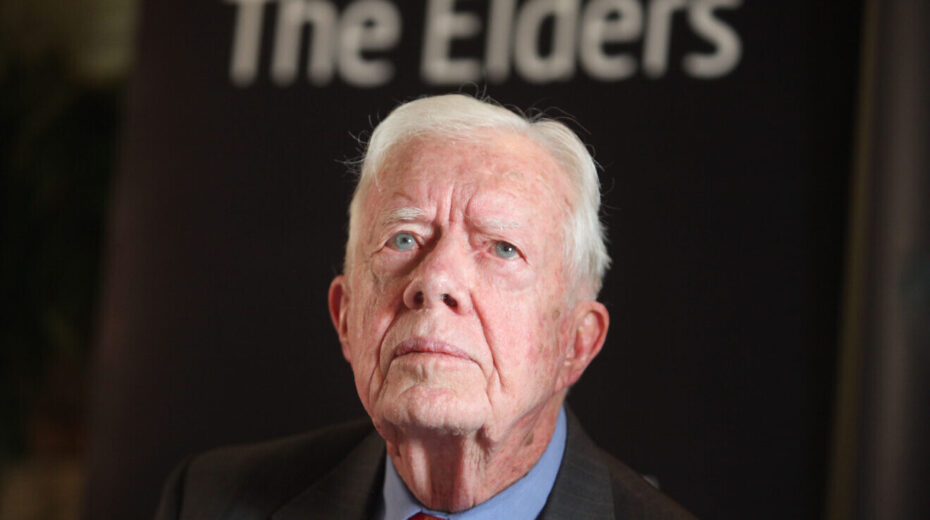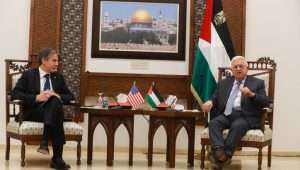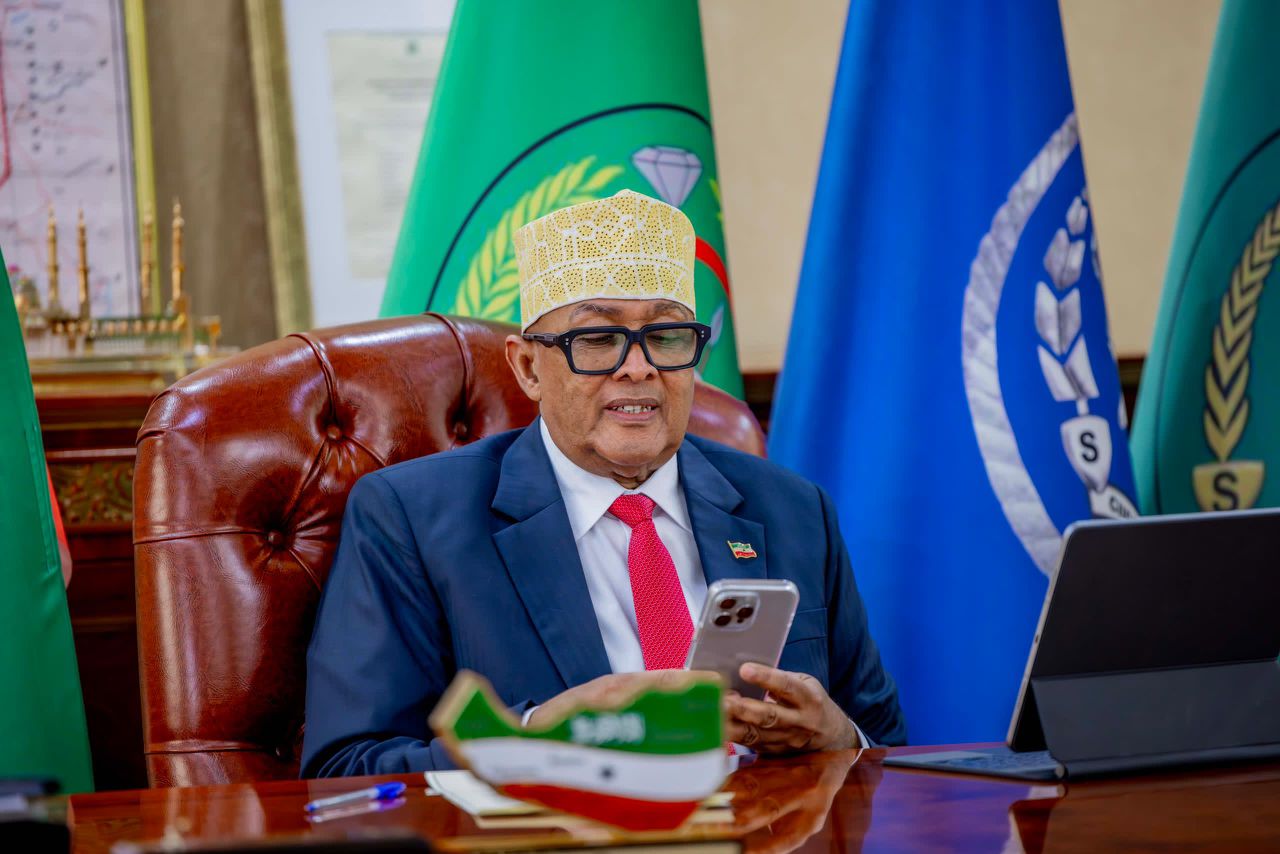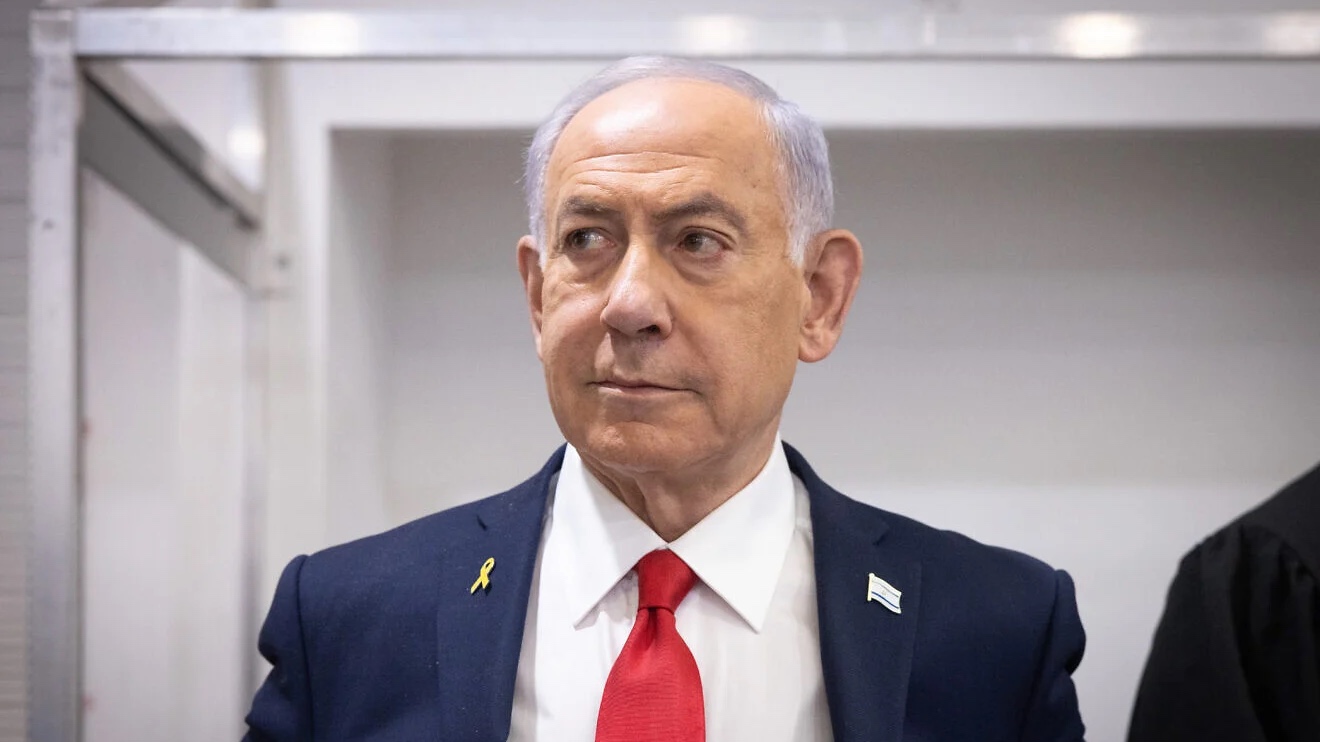Israeli President Isaac Herzog on Monday eulogized former US President Jimmy Carter, who died the previous day at the age of 100.
“In recent years I had the pleasure of calling him and thanking him for his historic efforts to bring together two great leaders, [Menachem] Begin and [Anwar] Sadat, and forging a peace between Israel and Egypt that remains an anchor of stability throughout the Middle East and North Africa many decades later,” wrote Herzog on X.
“His legacy will be defined by his deep commitment to forging peace between nations. On behalf of the Israeli people, I send my condolences to his family, his loved ones, and to the American people,” he added.
Today the world says goodbye to a brave leader: the 39th President of the United States of America, Jimmy Carter.
In recent years I had the pleasure of calling him and thanking him for his historic efforts to bring together two great leaders, Begin and Sadat, and forging a…
— יצחק הרצוג Isaac Herzog (@Isaac_Herzog) December 30, 2024
Carter only served as president for one term, and it was a time of domestic challenges in the United States. He also made several controversial foreign policy decisions, such as giving up the Panama Canal. Carter was handily defeated in the next election by then-California Governor Ronald Reagan.
Despite the lackluster tone of his presidency, Carter is probably most remembered for presiding over the Camp David negotiations in 1978 that led to Israel’s first peace agreement with an Arab neighbor, Egypt.
But his foreign policy activism post-presidency exposed Carter as something less than “pro-Israel.”
In 2006, he published Palestine: Peace Not Apartheid, which critics denounced as being biased against Israel and insufficiently condemnatory of terrorist groups.
“The book contains numerous distortions of history and interpretation and apparently, outright fabrications as well,” the Central Conference of American Rabbis, a Reform Judaism rabbinical organization, wrote in 2007. “Its use of the term ‘apartheid’ to describe conditions in the West Bank serves only to demonize and delegitimize Israel in the eyes of the world.”
Carter defended the book, saying that the title was not intended to accuse Israel of being an “apartheid” state.
“I’ve never alleged that the framework of apartheid existed within Israel at all and that what does exist in the West Bank is based on trying to take Palestinian land and not on racism,” he told CNN’s Wolf Blitzer in 2007.
With reporting by JNS.














